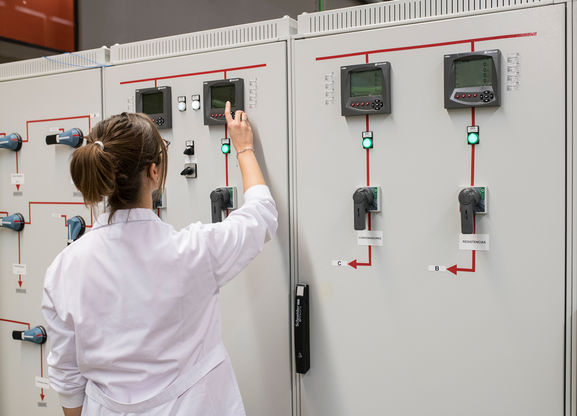ERIGrid Smart Grids have given 171 researchers free access to research infrastructures
The ERIGrid initiative, lauded as ‘exemplary’ by the European Commission, is in the running for the Horizon Impact Awards, granted to outstanding projects that have used their results to provide value for society.
ERIGrid, the European Research Infrastructure supporting Smart Grid Systems Technology Development, Validation and Roll Out, has been in place for over four and a half years, offering free access to the best European research infrastructures in the field of smart grids.
The consortium's 19 laboratories, located in 11 European countries, have provided space for 73 research groups, comprising 171 researchers from research organisations, universities, equipment manufacturers and utilities, to develop, simulate and trial their smart grid concepts.
After six calls for transnational access proposals, the project ended on 1 April 2020 with a Final Conference (held online due to the ongoing COVID-19 crisis), where several of the users presented the outcomes of their work.
In addition to transnational access, ERIGrid has also developed a series of open access tools and methods for testing and validating advanced smart grid configurations, following a holistic approach.
ERIGrid 2.0 is an exceptional means of granting researchers access to test facilities, free of charge, as well as offering the technical, logistical and administrative support of the consortium's experts in the field of smart grids. Users are also refunded any travel and accommodation expenses associated with accessing the infrastructures.
In addition to managing the ERIGrid transnational access program, TECNALIA has also made its own test facilities available. It has provided more than 80 days’ access to 6 research groups, comprising 19 researchers from Greece, Austria, India, Switzerland and Germany.

 This project has received funding from the Horizon 2020 EU research and innovation program, in accordance with Grant Agreement No. 654113.
This project has received funding from the Horizon 2020 EU research and innovation program, in accordance with Grant Agreement No. 654113.

